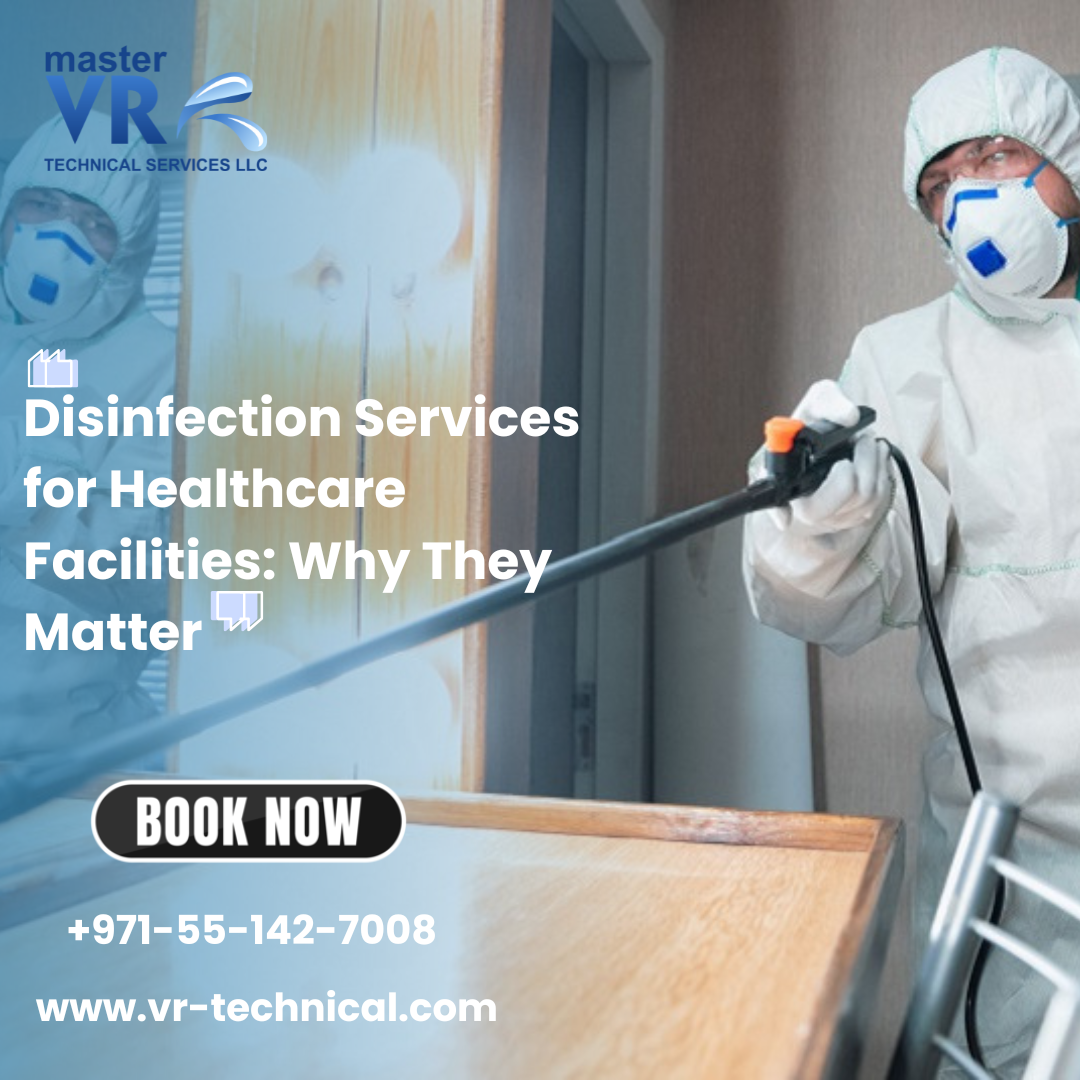
Healthcare facilities, including hospitals, clinics, and laboratories, are critical environments where health and safety are paramount. The importance of maintaining cleanliness in these spaces cannot be overstated, as they are hubs for treating patients and preventing the spread of infections. Professional disinfection services play a pivotal role in ensuring these facilities remain safe, hygienic, and operationally efficient.
The Importance of Disinfection in Healthcare
- Infection Prevention
- Healthcare facilities are at high risk of contamination due to the constant exposure to pathogens, including bacteria, viruses, and fungi.
- Effective disinfection eliminates harmful microorganisms, significantly reducing the chances of healthcare-associated infections (HAIs).
- Compliance with Regulations
- Strict hygiene standards, such as those set by the World Health Organization (WHO) and local health authorities, mandate proper disinfection protocols.
- Failure to comply can result in penalties, loss of accreditation, or legal liabilities.
- Protecting Vulnerable Populations
- Patients in healthcare settings often have weakened immune systems, making them more susceptible to infections.
- Disinfection services create a safer environment for patients, visitors, and staff.
- Maintaining Operational Efficiency
- A sanitized facility minimizes the risk of outbreaks that can lead to quarantines, closures, or reduced staff availability.
Key Components of Healthcare Disinfection Services
- Surface Disinfection
- Regular cleaning and disinfection of high-touch areas, including beds, doorknobs, light switches, and medical equipment.
- Use of hospital-grade disinfectants that are effective against a broad spectrum of pathogens.
- Airborne Pathogen Control
- Advanced air filtration and purification systems to reduce airborne contaminants.
- Fogging or misting disinfection to address hard-to-reach areas.
- Specialized Equipment Cleaning
- Disinfection of surgical tools, diagnostic devices, and other medical equipment following strict sterilization protocols.
- Waste Management
- Safe disposal and disinfection of biohazardous waste, including sharps, used gloves, and contaminated materials.
- Emergency Disinfection
- Rapid-response services for outbreak control, ensuring containment and thorough cleaning of affected areas.
Benefits of Professional Disinfection Services
- Expert Knowledge
- Trained professionals understand the unique challenges of healthcare environments and follow best practices to address them.
- Advanced Techniques and Equipment
- Use of modern disinfection technologies, including UV-C light, electrostatic sprayers, and EPA-approved disinfectants.
- Customized Solutions
- Tailored disinfection plans based on the specific needs of the facility, ensuring comprehensive coverage.
- Peace of Mind
- Patients and staff can focus on their roles without worrying about hygiene and safety.
Common Challenges and How to Address Them
- Time Constraints: Healthcare facilities operate 24/7, leaving little downtime for cleaning. Solution: Schedule disinfection during off-peak hours or in sections to minimize disruptions.
- Resistant Pathogens: Some bacteria and viruses are tough to eliminate. Solution: Use advanced disinfectants and techniques like UV-C sterilization.
- Maintaining Compliance: Keeping up with changing regulations can be challenging. Solution: Partner with professional disinfection services that stay updated on industry standards.
Conclusion
Disinfection services are indispensable for healthcare facilities, providing a safeguard against infections, ensuring regulatory compliance, and maintaining a safe environment for all. Investing in professional cleaning and disinfection is not just about meeting standards—it’s about saving lives.
By prioritizing regular and thorough disinfection, healthcare providers demonstrate their commitment to patient care and community health, fostering trust and confidence in their service




